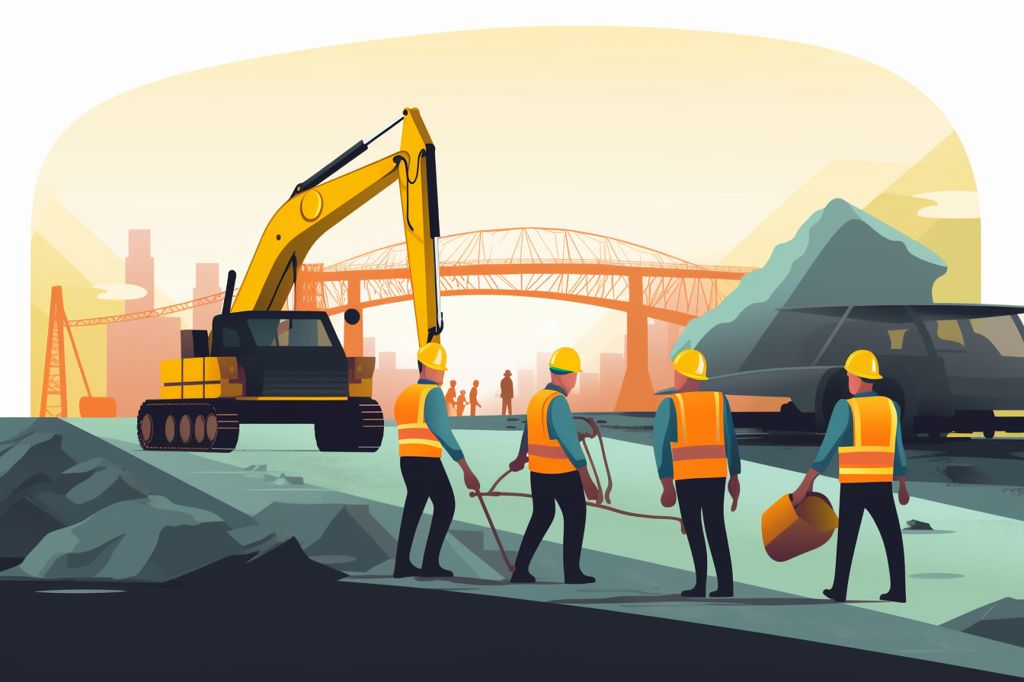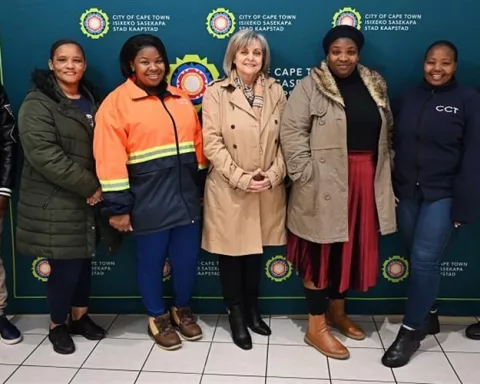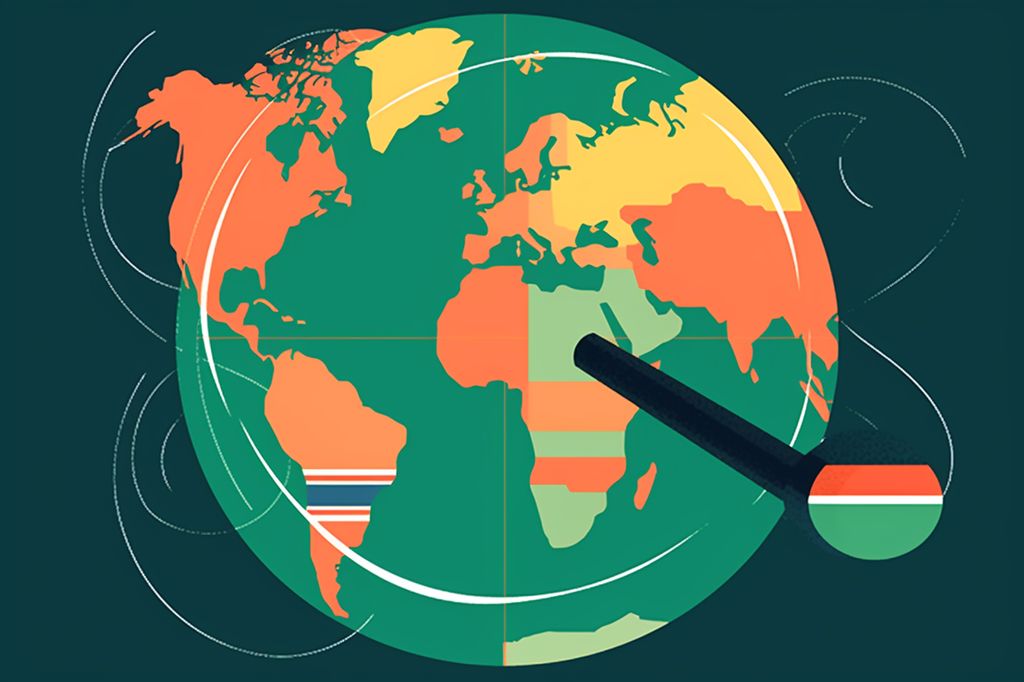The Western Cape Government’s Department of Infrastructure has set a target of creating more than 15,000 jobs within the next three years. The department plans to achieve this goal through infrastructure development projects. The Roads Infrastructure branch expects to create around 4,500 jobs each year, while the General Infrastructure and Public Works branch aims to generate 650 jobs annually.
Budget Allocations for Job Opportunities
The Western Cape Government has allocated a budget of R4.5 billion for the Transport Infrastructure sector and R2.2 billion for the Public Works sector. These sectors are expected to provide employment opportunities in the 2023/24 fiscal year.
Masakh’iSizwe Bursary Programme for Skills Development
The Masakh’iSizwe Bursary Programme is committed to developing future professionals in the transport, engineering, and built environment disciplines. The programme offers full-time studies towards a degree or diploma, providing opportunities for individuals to enter the infrastructure sector.
Success Stories of Masakh’iSizwe Bursary Programme
The Masakh’iSizwe Bursary Programme has benefited past recipients, including Thandokazi Nyangiwe who completed a B.Sc. degree in Construction Studies at the University of Cape Town and now works in Public Works- Education Infrastructure. Jessica de Villiers, a candidate mechanical engineer who studied Mechanical Engineering at the University of Stellenbosch, also benefited from the Professional Development Programme. The programme aims to develop a cohort of professionals in these fields.
Minister Simmers’ Commitment to Job Creation and Skills Development
Provincial Minister of Infrastructure in the Western Cape, Tertuis Simmers, emphasized the importance of quality jobs and ensuring that citizens of the Western Cape benefit from the infrastructure sector’s opportunities. The Growth 4 Jobs program recognizes that workers are the backbone and assets of any economy. Minister Simmers highlighted his department’s role in enhancing job creation and skills development, and the Western Cape Government’s commitment to building hope and contributing to the growth of the economy through creating job opportunities and fostering the development of skilled professionals.












